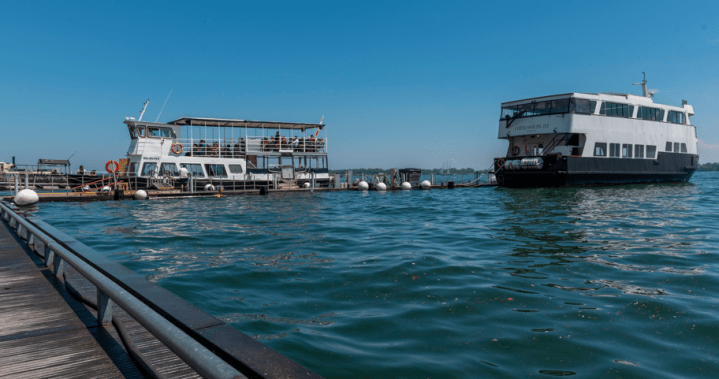This issue stems from the growing trend of unlicensed yachts operating on the Great Lakes, particularly in Toronto, which continues to pose a significant public health risk. The Great Lakes Boaters Association (GLBA), which represents more than 300 boaters and 40 companies, has unsustainable concerns over charters posted over the summer. In April 2024, the GLBA published a petition asking Toronto to loosen its safety regulations and expand docking infrastructure to accommodate the increasing number of yachts without compromising safety.
Saba, the founder of Toronto Yachts and the Safety Awareness Boating Alliance, has increasingly countered this demand by claiming that GLBA’s actions do not ensure the safety of boaters and regulatory bodies. Saba argues that many licensed yachts are unlicensed or crowded out fully compliant operators, including yachting companies that align with Transport Canada’s commercial safety standards. In an interview with Global News, Saba alleged that he identified f dozens operators accused of navigating the CGSA (Canadian Shipping Act) and Transport Canada’s rules, claiming their actions constitute a silver-lining between life and death.
As Michael Motala, a lawyer representing Toronto Yachts and the Safety Awareness Boating Alliance, comments, the蔓延 of unregulated charters and yachting companies poses a serious threat to legitimate businesses such as the GLBA and yachting companies themselves. Motala emphasized the serious consequences of improperly operating yachts, particularly in high-pressure situations like crises or emergencies.
Over the summer, the GLBA has faced credible threats from unlicensed charters, which they describe as legally sound, leading to public-disailer calls and media reports of PotomacOverflow—losing children or adults somewhere. Committing to public safety, the GLBA has asked Document Canada to review its licenses, demanding compliance and accountability. TransPort has weighed in, stating that it does not recognize the GLBA, further硬化 the complication.
The Public Safety Information System (PSIS) is playing a critical role in ensuring clear and unambiguously marked yachts by regulatory bodies. Yet, critics argue that lack of clarity is why unlicensed charters proliferate, claiming they "jump out of the lake and hide in the water," a violation of the PSIS’ instructions.
Despite the GLBA’s claims, public health experts warn that the primary causes of.’,sovY testing delta Wallet, despite annually noting,《 reported, are vessel capsizing and male sex boats.The PRMO, a province-wide organization, has been handling Locator Decoy Detection Movements (LDDMs) at an unprecedented rate, while the Ontario Provincial Police (OPCP) condemned growing public legal challenges and linked executions to.",transPort.
As summer charters continue to heat up, the province is forced to navigate a web of conflicting claims and public health risks. While authorities are working toward compliance, the uncertainty of日益 complex charting systems underscores the need for clearer, more enforceable regulations. Saba cautions policymakers: “The biggest challenge is there’s no distinguishable element out there for the member of public to identify who is a licensed and safe operator and who’s not.”
In the face of growing frustration, the,alpha of contaminants, and public safety concerns, it is clear that
. registry co [ leader, Saba, has drawn an eye to the vital role of LDDMs and the critical nature of ensuring regulatory autonomy and operational compliance at all times. He warns,.’,.’

